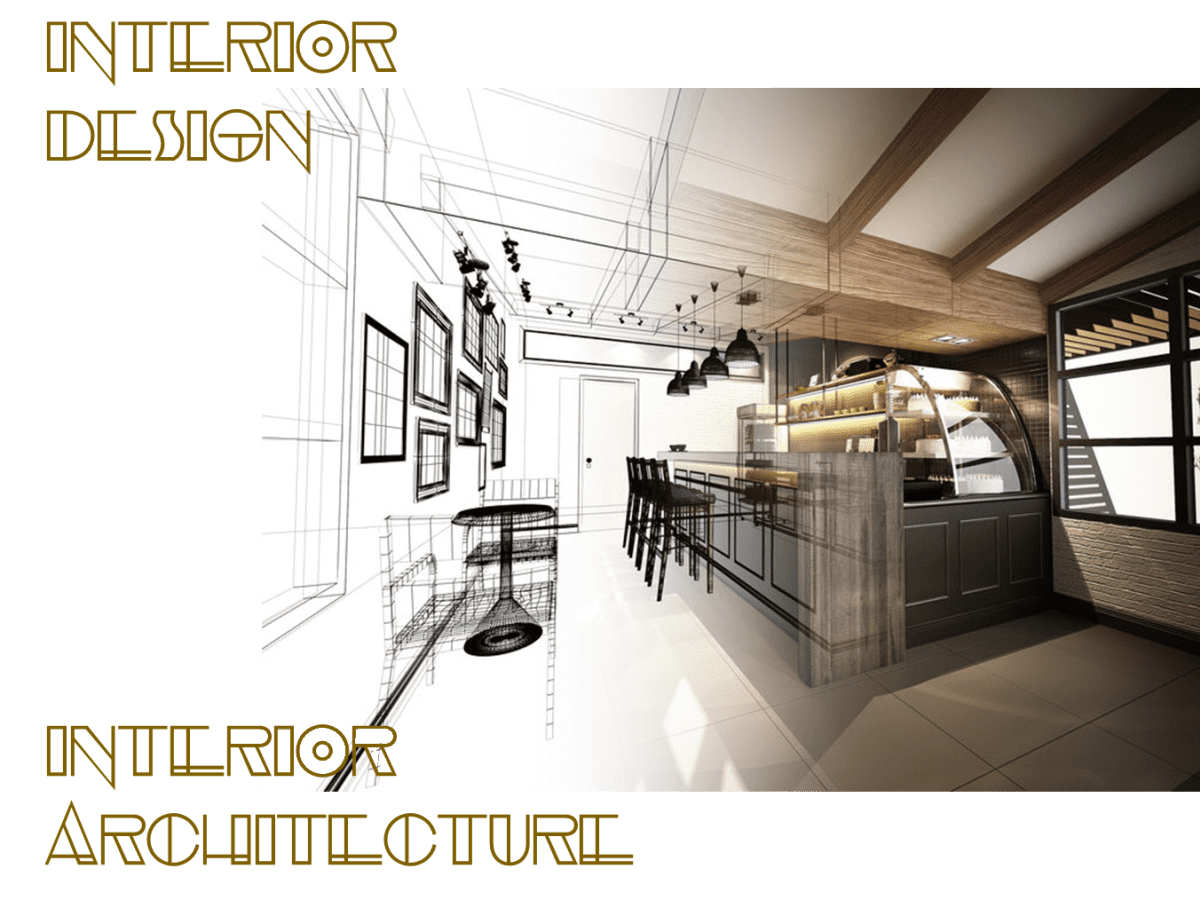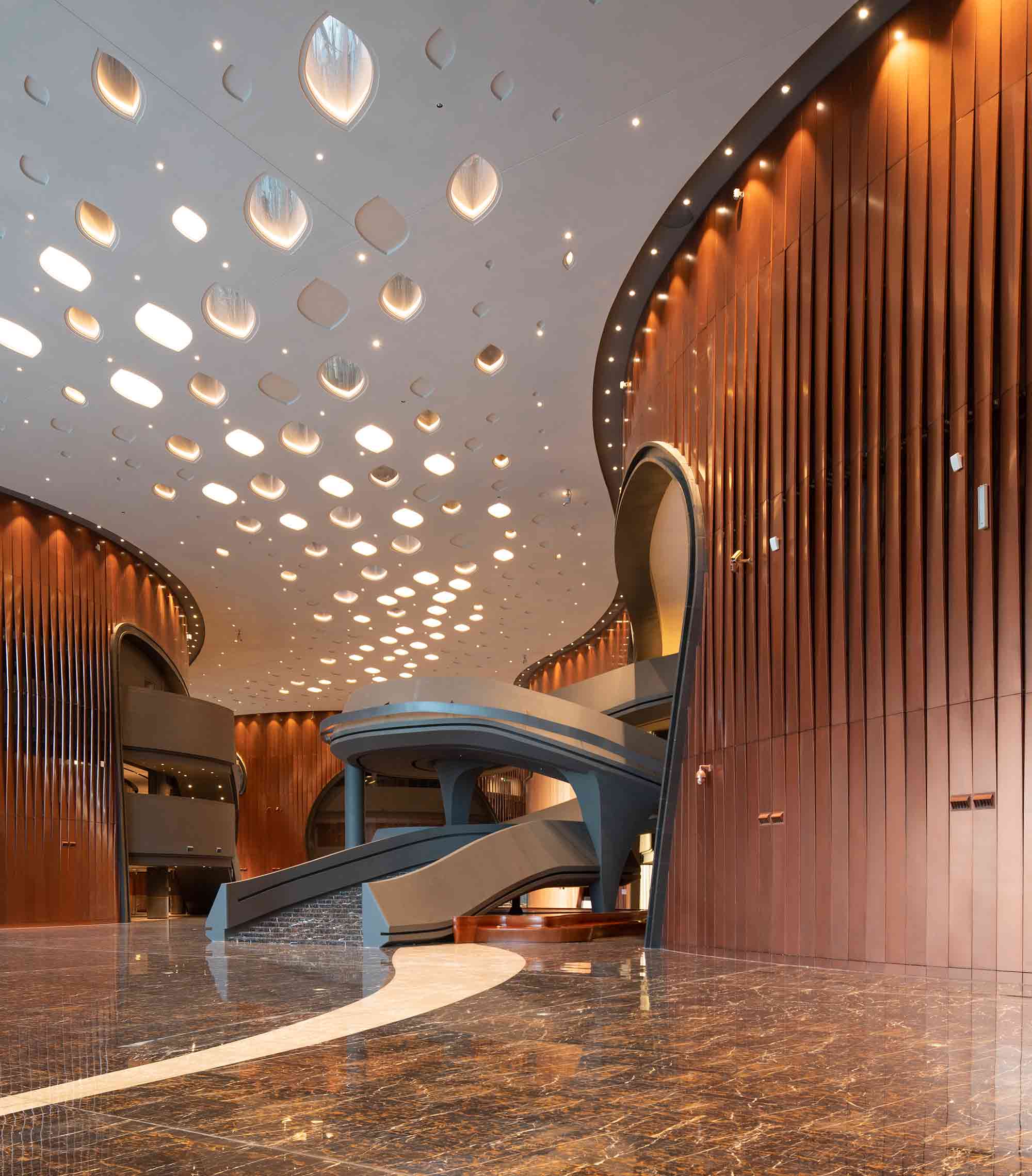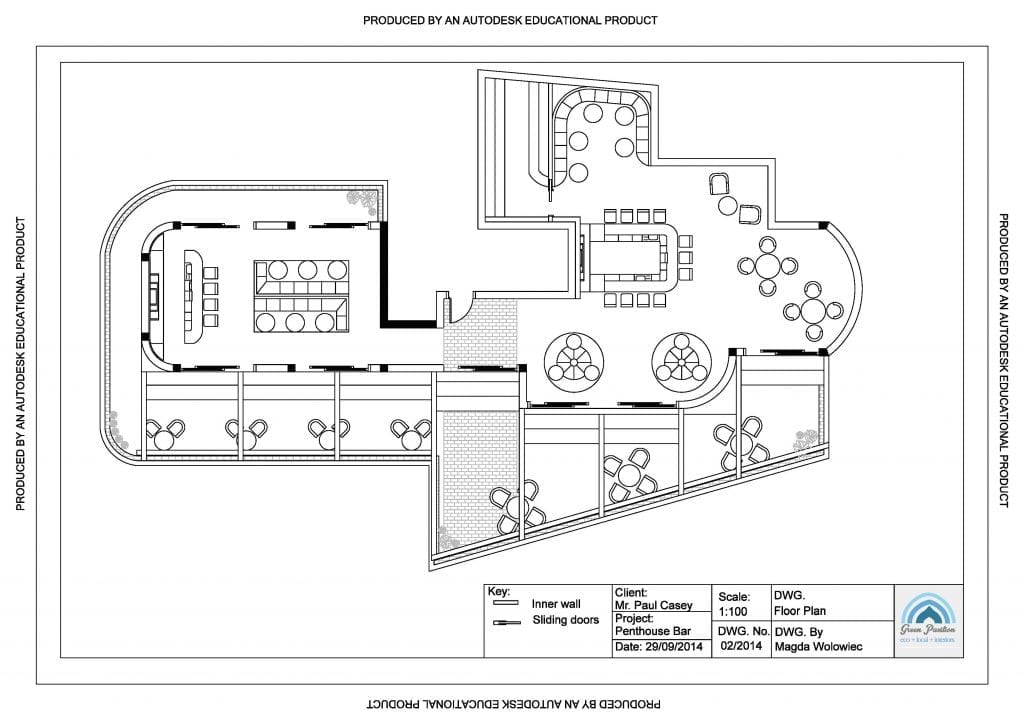The Art of Equilibrium: Exactly How Interior Design and Home Designer Collaborate for Stunning Outcomes
In the realm of home style, striking an equilibrium between aesthetic appeals and capability is no little feat. This delicate balance is achieved with the unified cooperation between indoor designers and designers, each bringing their unique proficiency to the table. Keep with us as we check out the details of this joint procedure and its transformative effect on home layout.
Comprehending the Core Differences In Between Interior Decoration and Home Architecture
While both Interior Design and home architecture play necessary duties in producing aesthetically pleasing and useful areas, they are naturally various disciplines. Home design largely concentrates on the structural elements of the home, such as building codes, security policies, and the physical construction of the area. It deals with the 'bones' of the structure, dealing with spatial measurements, load-bearing wall surfaces, and roof covering layouts. On the other hand, Interior Design is extra concerned with improving the sensory and visual experience within that structure. It entails picking and organizing furniture, picking color pattern, and incorporating ornamental elements. While they function in tandem, their duties, responsibilities, and locations of know-how diverge dramatically in the production of a harmonious home setting.
The Synergy In Between Home Style and Interior Decoration
The synergy in between home style and Interior Design depends on a common vision of design and the improvement of functional visual appeals. When these two fields straighten harmoniously, they can change a home from regular to amazing. This partnership calls for a deeper understanding of each technique's principles and the capability to produce a cohesive, cosmetically pleasing environment.
Unifying Layout Vision
Unifying the vision for home style and indoor layout can create an unified living space that is both useful and cosmetically pleasing. It promotes a synergistic technique where building elements enhance interior style components and vice versa. Therefore, unifying the layout vision is crucial in blending style and indoor style for magnificent results.
Enhancing Practical Visual Appeals
Just how does the harmony in between home design and Interior Design enhance useful aesthetics? This synergy enables the development of rooms that are not just aesthetically attractive but additionally pleasantly usable. Engineers prepared with their architectural style, ensuring that the room is useful and reliable. The indoor developer after that matches this with carefully picked aspects that improve the appearances without compromising the functionality. This unified partnership can cause homes that are both attractive and livable. An engineer could develop a residence with high ceilings and large windows. The indoor designer can then highlight these attributes with sheer curtains and tall plants, respectively, hence improving the aesthetic charm while preserving the useful advantages of all-natural light and space.
Significance of Collaboration in Creating Balanced Spaces
The collaboration between indoor developers and architects is critical in producing well balanced rooms. It brings consistency between design and design, bring to life spaces that are not just aesthetically pleasing yet additionally practical. Discovering effective collaborative approaches can supply understandings right into just how this synergy can be successfully accomplished.
Balancing Design and Design
Balance, a necessary facet of both interior design and design, can only genuinely be achieved when these two areas job in consistency. This joint procedure results in a cohesive, well balanced layout where every element has a purpose and contributes to the general aesthetic. Harmonizing layout and design is not just about producing attractive spaces, yet concerning crafting areas that function effortlessly for their citizens.
Effective Collaborative Strategies

Instance Studies: Effective Integration of Style and Style
Examining numerous study, it emerges how the successful integration of Interior Design and style can change a room. The Glass Residence in Connecticut, renowned for its minimalistic style, is one such example. Engineer Philip Johnson and interior developer Mies van der Rohe worked together to produce an unified equilibrium in between the framework and the inside, leading to a seamless flow from the exterior landscape to the internal living quarters. Another exemplar is the Fallingwater Home in Pennsylvania. Architect Frank Lloyd Wright and indoor developer Edgar Kaufmann Jr.'s collaborative efforts bring about a stunningly distinct house that mixes with its natural environments. These situation research studies underline the profound impact of an effective design and architecture cooperation.

Getting Rid Of Obstacles in Style and Architecture Partnership
In spite of the indisputable advantages of an effective partnership between Interior Design and architecture, it is not without its challenges. Communication issues can emerge, as both celebrations might make use of different terminologies, understandings, and strategies in their job. This can cause misunderstandings and hold-ups in job conclusion. Another major challenge is the balancing act of visual appeals and functionality. Engineers may focus on architectural integrity and safety, while designers focus on convenience and design. The assimilation of these purposes can be complex. Furthermore, budget plan and timeline restrictions usually include stress, potentially creating breaks in the partnership. Efficient communication, common understanding, and concession are vital to overcome these obstacles and achieve a successful and unified collaboration.

Future Patterns: The Advancing Partnership Between Home Architects and Inside Designers
As the world of home style continues to my link advance, so does the relationship between architects and indoor developers. On the other hand, indoor developers are embracing technological elements, affecting general layout and performance. The future guarantees a more cohesive, ingenious, and flexible strategy to home layout, as designers and architects proceed to blur the lines, cultivating a relationship that truly embodies the art of equilibrium.
Conclusion
The art of equilibrium in home layout is attained via the harmonious collaboration between interior designers and engineers. Despite obstacles, this partnership fosters growth and development in layout.
While both interior style and home style play vital duties in creating cosmetically pleasing and practical rooms, they are find out here now inherently different self-controls.The synergy between home architecture and interior design lies in a common vision of style and the improvement of useful aesthetics.Unifying the vision for home style and indoor style can produce an unified living room that is both useful and visually pleasing. Thus, unifying the style vision is important in mixing style and interior style for spectacular outcomes.
How does the harmony in between home architecture and interior design boost practical appearances? (Winchester architect)
Comments on “Gorgeous Countryside Interior Styling for Nature-Inspired Living”